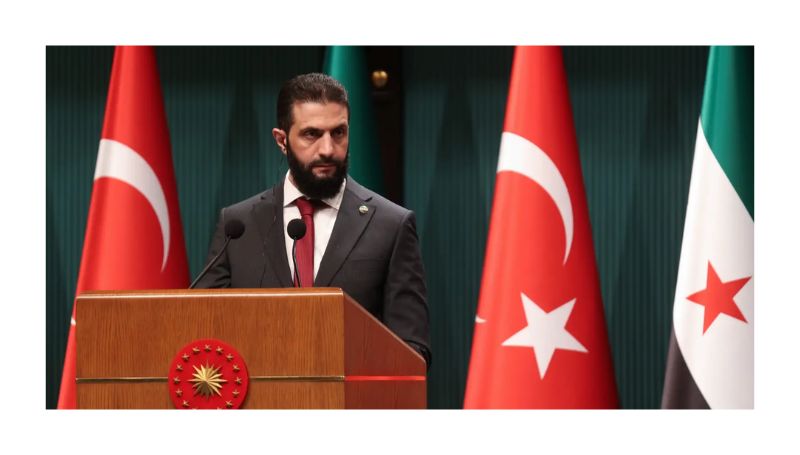Carmit Valensi
INSS Insight No. 2010, July 10, 2025
“… under the auspices of American and international support, it is appropriate to give a security arrangement with the Syrian regime a responsible and fair chance.”
Reports of talks between Syria and Israel reflect a drastic shift in Israeli policy toward Syria and mark a new phase in Israel’s approach to the new regime there. During the seven months since the rise of the new regime in Damascus, led by Ahmed al-Sharaa, Israeli policy has evolved through a process comprising roughly three stages:
In the first stage, Israel adopted an aggressive military policy. This included the takeover of territories in southern Syria, a massive airstrike campaign aimed at destroying the country’s strategic weaponry, and overt, active support for minority groups, particularly the Druze. The military campaign was accompanied by suspicious and threatening statements by senior Israeli officials directed at the new president, whom they accused of being a jihadist who had not abandoned his extremist views. For example, in January 2025, Foreign Minister Gideon Sa’ar declared that, “This is a group of extreme jihadists who simply moved from Idlib to Damascus.” In March, Defense Minister Israel Katz claimed that that the new government in Syria was led by “a jihadist terrorist from the Al-Qaeda school.”
During this period, Israel entrenched itself in the buffer zone and the Syrian Golan Heights, carried out raids in southern Syria intended to degrade Syrian military capabilities, although these sometimes led to clashes with armed groups and the local population. Israel continued to operate in areas that had previously been considered demilitarized, demanded the complete demilitarization of southern Damascus, and conducted strikes within Syria, including near the presidential palace in Damascus, in response to clashes between the regime and the Druze population. The Israel Defense Forces (IDF) also struck deep inside Syria, including at the T4 and Palmyra air bases, after Turkey expressed intentions to establish a military foothold there, using these strikes to signal that Israel would not tolerate Turkish actions that could threaten its aerial freedom of operation. …SOURCE


